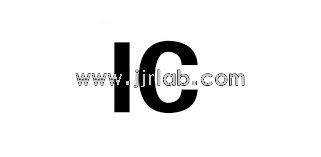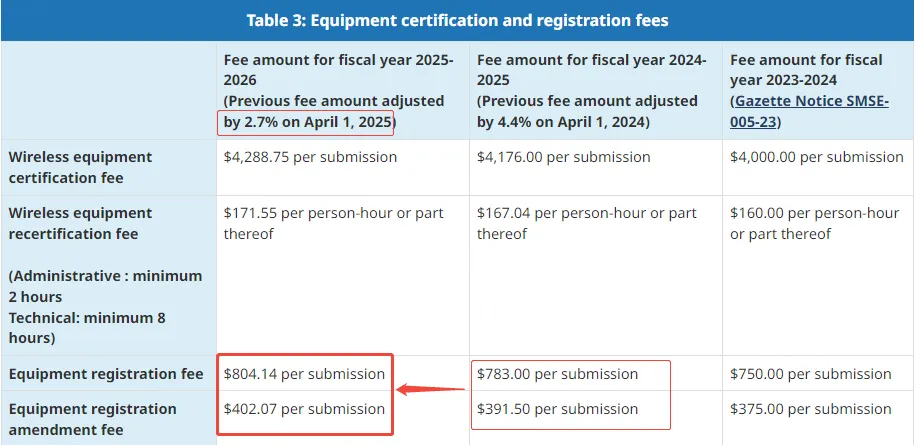
How much cost FCC Testing?
How much cost fcc testing?The cost of FCC testing varies depending on the type of product, the certification model (such as fcc sdoc or fcc id), the complexity of the testing required, and the pricing strategies of the chosen laboratory. Here is a general cost range for reference:
1. For standard products without wireless functions, undergoing FCC sdoc certification, the cost is approximately between $400 and $1,300. The certification process usually takes around 3 to 5 business days to about 2 weeks.
2. For products with wireless functions, such as Bluetooth headphones, wireless routers, smartwatches, etc., FCC ID certification is required. The cost generally ranges from $1,400, and can sometimes be as high as $2,200 to $4,000. The certification process typically takes 2 to 4 weeks.
Please note that these costs are rough estimates (our fees are about 30% lower as we are a Chinese laboratory), and actual costs may vary based on specific circumstances. For the most accurate quote, it is recommended to contact the Chinese JJR Laboratory directly.
Detailed Information on FCC Certification:
FCC certification is a mandatory certification system implemented by the Federal Communications Commission (FCC) of the United States. Its purpose is to ensure that radio frequency devices operate within the US and internationally without causing harmful interference to authorized radio communication services and to protect public health and safety. Here are more details about FCC certification:
Types of FCC Certification:
1. FCC SDoC (Supplier's Declaration of Conformity): Applicable to most digital devices and unintentional radiators. Manufacturers or suppliers self-declare that their products meet FCC technical requirements and retain test records and documentation. Submission of test reports to the FCC is not required, but the product must carry the FCC mark.
2. FCC ID (FCC Certification): For intentional radiators, such as wireless communication products (Bluetooth, Wi-Fi devices, mobile phones, walkie-talkies, etc.). This process requires certification testing by an FCC-authorized testing laboratory. Manufacturers must submit the test report to the FCC for review, and upon approval, receive a unique FCC ID number that must be displayed on the product and packaging.
fcc certification process:
1. Product Evaluation: Determine the product category and applicable FCC rules.
2. Testing: Conduct necessary electromagnetic compatibility (EMC) and radio spectrum tests in an FCC-recognized laboratory.
3. Document Preparation: Prepare the certification application and required technical documentation based on test results.
4. Certification Submission: For FCC ID certification, submit the test report and other necessary documents to the FCC; for SDoC, maintain internal records.
5. Certification Review: The FCC or TCB (Telecommunication Certification Body) reviews the test report.
6. Certification Marking: After certification, the product must display the appropriate FCC mark.
Important fcc standards:
1. fcc part 15: Covers EMC requirements for unintentional radiators (e.g., computers, TVs, microwave ovens).
2. fcc part 18: Addresses radiation requirements for industrial, scientific, and medical (ISM) equipment.
3. FCC Part 90: Specifies regulations for land mobile radio and private radio station equipment.
FCC Certification Timeframe:
The timeframe ranges from a few weeks to several months, depending on the product complexity, test preparation, and the efficiency of the certification body.
Compliance marking:
Certified products must display the FCC mark prominently on the product or user manual. For FCC ID certified products, a unique identification code must also be marked.
Updates and Compliance:
1. Certification is not one-time: If product design or manufacturing changes occur, re-certification may be necessary.
2. Manufacturers must ensure ongoing compliance: Products must adhere to the current FCC rules, which are periodically updated by the FCC.
FCC certification is a crucial gateway for entering the US market, ensuring product compliance and fair competition. For manufacturers, understanding and complying with FCC regulations is essential.
Email:hello@jjrlab.com
Write your message here and send it to us
 What is Protection Class EN 60529?
What is Protection Class EN 60529?
 IP69 Certified Protection
IP69 Certified Protection
 California Energy Commission Testing Lab
California Energy Commission Testing Lab
 What Does the Canadian IC Mark Mean?
What Does the Canadian IC Mark Mean?
 How Much is the Canada IC ID Certification cost?
How Much is the Canada IC ID Certification cost?
 How Much is the Canada IC ID Certification Fee?
How Much is the Canada IC ID Certification Fee?
 How Much is the UL 982 Test Report csost?
How Much is the UL 982 Test Report csost?
 ISO/IEC 17025 Accredited Test Laboratory
ISO/IEC 17025 Accredited Test Laboratory
Leave us a message
24-hour online customer service at any time to respond, so that you worry!




